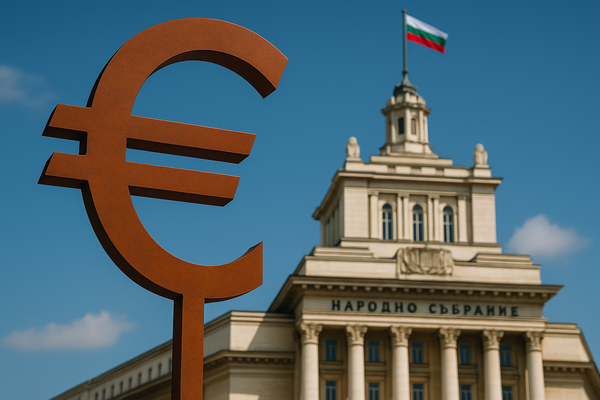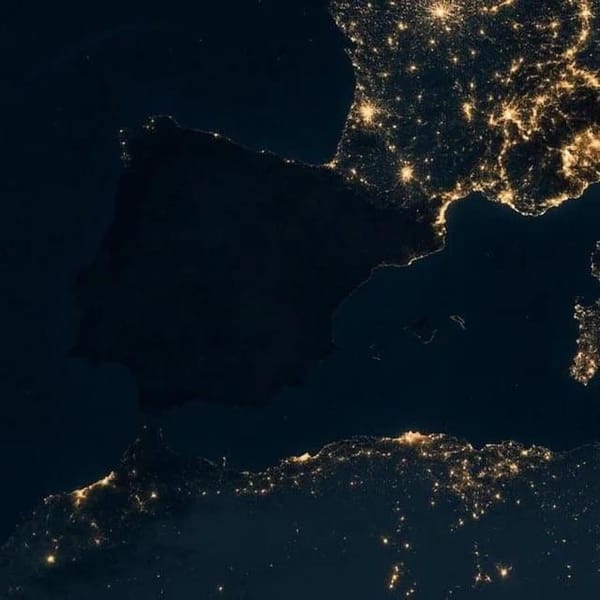
EU moves to freeze Hungary funds, but real picture more nuanced
The European Commission (EC) opened the possibility for EU national leaders to punish Hungary in an upcoming vote on funding suspensions, on Wednesday, 30th November.
In a twin move, the EC suspended a EUR 7.5bn cohesion funding payments, subject to 17 milestones that Hungary must meet and, more ambiguously, authorised Hungary’s EUR 5.8bn from its 2022 Recovery and Resilience Facility (RRF) allocation, while also asking the Council to freeze this payment in an upcoming vote.
European Commissioner for Justice Didier Reynders said the EC will continue to freeze the EUR 7.5bn of cohesion funding, “as Hungary has not made sufficient progress in ensuring transparency in the use of EU funding”.
The Council, comprised of the EU’s member states, now has until 19 December to vote on the suspensions. The vote could come as soon as 6 December, and will require a qualified majority.
EC unmoved by Hungary’s anti-graft measures
Hungary is at odds with the EU over perceived issues regarding the rule of law and transparency of EU fund disbursement. In the last two budget cycles, it had the highest rates of “financial corrections” of any EU member state.
The EC highlighted doubts over “the effectiveness of the newly established Integrity Authority and the procedure for the judicial review of prosecutorial decisions”.
Hungarian Regional Development Minister Tibor Navracsics, himself a one-time European commissioner, took a more positive line, describing the EC’s partial and conditional support as “significant progress”.
Daniel Freund, the MEP negotiator for the Rule of Law Conditionality Mechanism and fierce critic of Hungarian Prime Minister Viktor Orban tweeted “Hungary is about to lose billions in EU funding. And there is one politician responsible: Viktor Orban.”
“Orban is receiving the EUR 7.5bn bill from Brussels for the systematic dismantling of democracy over the past 12 years. EU money may now only flow after real reforms have been implemented,” he added.
Prospects more nuanced than headlines suggest
However, despite reports of Hungary standing to be EUR 13.3bn out of pocket, the reality is less clear cut.
The EC is using two instruments to deny funds to Hungary: the rule of law Conditionality Mechanism, introduced last year, regarding EUR 7.5bn in cohesion funds and the Covid recovery funding conditionality involving EUR 5.8bn.
The EC’s announcements “have led many to believe that it is proposing the suspension of two-thirds of Hungary’s EU funding under the MFF,” lawyers wrote on Verfassungsblog, referring to the cohesion funds.
“This is wrong. It proposed the suspension of two-thirds of the funding of three specific cohesion programs for Hungary,” constitutional law experts Kim Lane Scheppele, Daniel R. Kelemen and John Morijn wrote.
The lawyers noted that as the proposed suspensions amount to only around 20% of Hungary’s overall allocation, this is “not a negligible sum, but… a rather modest price”.
“The proposed measures are ‘freezes’ of funds and not cuts, the Orban government could eventually receive all the money,” they noted.
“The Conditionality Regulation is supposed to apply to all funds, but the EC “evidently is not taking the scope of the regulation seriously.
“The Commission is asking for is not enough to restore democracy – or the rule of law – in Hungary (and the) decisions of 30 November are just one step in the long saga to get the EU to stop funding autocrats,” according to constitutional law blog.
Orban’s paints grim economic picture in speech
The decisions are nevertheless unwelcome for cash-strapped Hungary, where Mr. Orban painted a gloomy picture of the economic landscape in a speech on Tuesday.
Although Hungary could avoid a recession next year and get inflation back into single digits by the end of 2023, he added that in times of crisis the market, making state intervention necessary, Orban said.
The budget approved in July for next year, will be modified in the form of an emergency decree, he added.
The cost of Hungary’s energy imports have risen from EUR 7bn last year to EUR 17bn this year and EUR 17-20bn next year. In other words, EUR 10bn will have to be taken from somewhere, Orban said.





